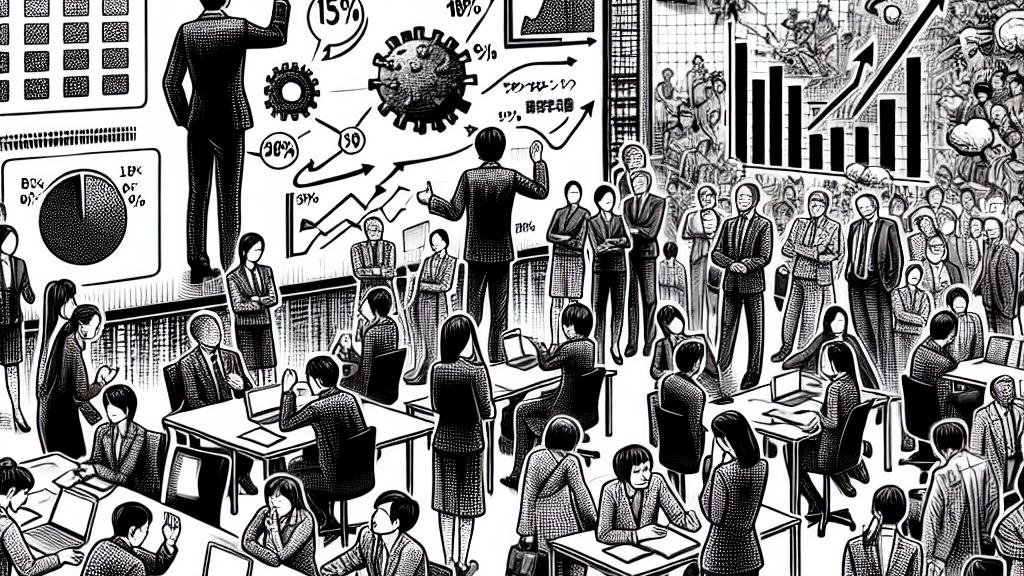How to Help a Coworker Improve Their Explanation Skills
Overview
- Recognize common challenges in giving clear explanations.
- Understand the significant role of clarity in communication.
- Explore targeted strategies for constructive feedback and growth.

Identifying the Challenge
In bustling workplaces, especially in Japan, a notable challenge is when colleagues struggle to convey their messages effectively. Imagine being in a meeting where a new team member says, 'I think the sales are not doing so well,' instead of providing the concrete data: 'Our sales dropped by 15% last quarter.' This ambiguity not only confuses coworkers but can also lead to misguided decisions. Miscommunication like this can derail not just one person's work but affect entire projects, demonstrating the urgent need for improved explanation skills.
The Ripple Effects of Poor Explanation Skills
Think about this: when someone encounters a problem but fails to explain it clearly, it creates a cascading effect of confusion. Picture an employee working on a spreadsheet who faces an error. Instead of stating explicitly, 'I received a #N/A error in Excel when entering data into cell B2,' they might mumble, 'Something’s not right.' This vague response not only prolongs the troubleshooting process but also leads to wasted time and frustration. Ultimately, unclear communication can derail progress, underscoring the importance of specificity and clarity in the workplace.
Promoting Effective Improvement Strategies
To elevate someone's explanation skills, consider introducing structured communication techniques. For instance, utilizing templates can significantly reshape how they formulate their requests. A simple format might include: 'The main issue is...' followed by relevant details, like 'Yesterday, while attempting to input data into Excel, I encountered a problem...' and wrapping up with, 'I would appreciate your help in resolving this issue.' Such a clear structure not only aids in developing their thought process but also fosters self-assurance in their communication abilities.
Creating an Engaging and Supportive Environment
Moreover, fostering an atmosphere that encourages open dialogue is crucial. Team members should feel empowered to ask for clarifications without hesitation. For example, if an explanation lacks clarity, encourage peers to say, 'Could you clarify that point for me?' This supportive dynamic not only nurtures individual growth but also enhances collaboration within the team. Furthermore, regular feedback sessions can transform communication standards, allowing team members to share tips and strategies for improvement. When everyone participates in refining their communication skills, it collectively strengthens the entire team, paving the way for success.

Loading...